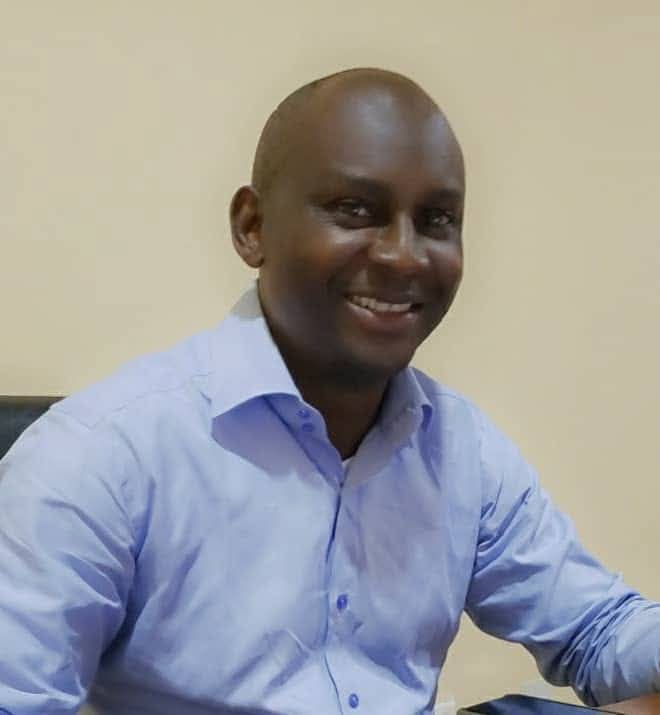In an ambitious drive to curb the alarming rate of out-of-school children in Nigeria, the National Commission for Almajiri and Out-of-School Children Education has announced plans to establish offices across the southern regions to help reintegrate millions of children back into the classroom.
Dr. Sani Idris, the commission executive secretary, revealed the initiative during the opening of the three-day National Basic Education in Nigeria Bootcamp (BEN-B) held in Lagos on Monday.
Organized by the Federal Ministry of Education (FME), the summit aimed to address barriers to inclusive, quality education for all Nigerian children.
Dr. Idris highlighted the commission’s strategic approach, which is centered on stakeholder engagement and proven pilot programmes.
“We are now in the process of planning. We have tested a pilot programme and it has yielded the expected results,” he stated, emphasizing the need for a solid foundation to drive effective change.
Reflecting on past challenges, he noted that while several efforts had been made to tackle the Almajiri and out-of-school issues, many did not deliver the desired impact.
Dr. Idris elaborated on a recent roundtable with critical stakeholders, including Almajiri scholars and community leaders.
“We brought across all the critical stakeholders, Almajiri, and their scholars and sat for a critical meeting,” he explained.
“Within five days, we were able to come up with ideas that have the capacity to address this problem. So far, so good; we have got the roadmap and the buy-in of the scholars; very soon, we are going on serious house-to-house advocacy.”
This advocacy initiative has already seen success: last week alone, the commission’s marshals managed to remove 22,000 out-of-school children from Abuja streets, later handing them over to the FCT Education Administration for possible school enrollment.
Dr. Idris assured that by the end of 2025, the commission aims to reintegrate between two to three million out-of-school children into formal education.
At the summit, Nigeria’s Minister of Education, Dr. Maruf Alausa, emphasized the importance of universal basic education for the nation’s future, underscoring a commitment to providing every child nine years of quality schooling. Represented by Dr. Folake Olatunji-David, director of basic education at the FME, Dr. Alausa stated, “The future of Nigeria lies in the hands of our children, and education is the bedrock upon which we build that future. It is our duty to provide them with not just education, but education of quality and relevance – one that equips them to thrive in a rapidly evolving world.”
Dr. Alausa encouraged attendees to embrace new ideas, address existing gaps, and commit to effecting a positive transformation in the educational sector.
“Together, we have the power to transform education in Nigeria. Together, we can empower our children to become leaders, innovators, and visionaries of tomorrow,” he said.
Representing Lagos State at the summit, Governor Babajide Sanwo-Olu’s office stressed the importance of inclusive, quality education and the need to address poverty and inequality as root causes of Nigeria’s educational challenges.
Speaking on the state’s approach, Lagos Commissioner for Basic and Secondary Education Jamie Alli-Balogun noted that Lagos has implemented several initiatives, including aggressive enrollment campaigns, to reduce the number of out-of-school children.
Dr. Olatunji-David also highlighted that President Bola Tinubu’s recent declaration on compulsory basic education has attracted more stakeholders to the sector. “Several interventions are ongoing to address issues of equity, efficiency, and learning outcomes,” she remarked, though she noted that challenges persist, such as overcrowded classrooms, inadequate learning outcomes, and insufficient resources.
Despite the hurdles, stakeholders at the summit expressed a shared resolve to work collaboratively in providing every Nigerian child access to quality education. With sustained efforts, the commission hopes to make Nigeria’s dream of educating millions of out-of-school children a reality.












